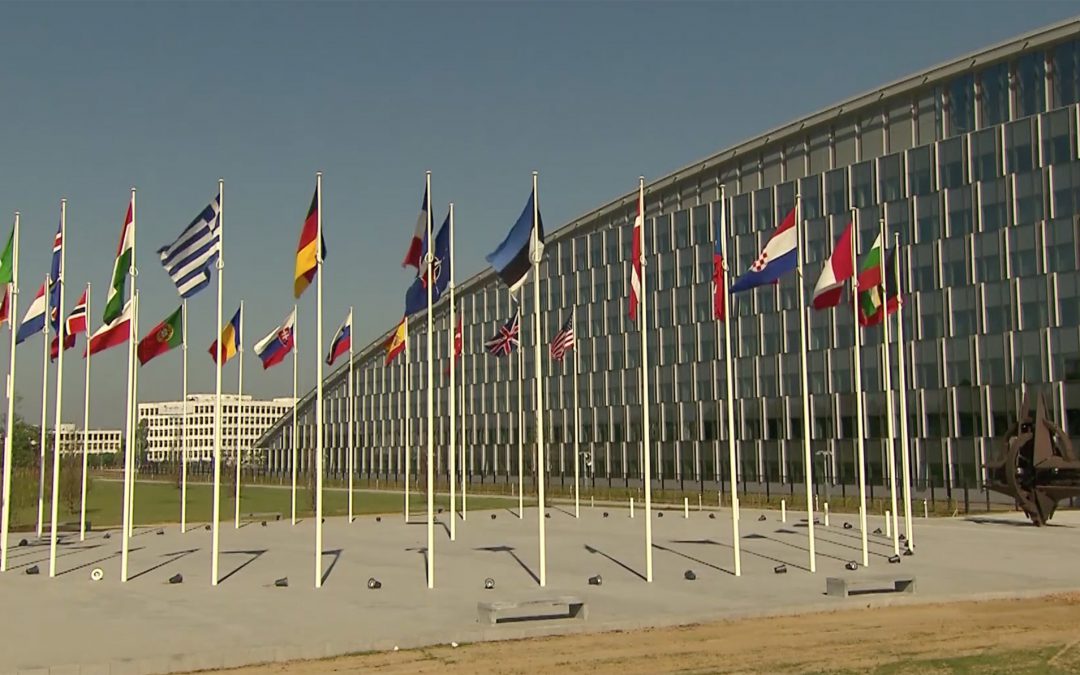WASHINGTON — President Donald Trump said Thursday that the United States is moving forward with North Korean summit plans despite his belief that China has influenced Kim Jong-un to scale back enthusiasm for the meeting.
Trump said at a White House press briefing with NATO Secretary General Jens Stoltenberg that U.S. officials are continuing to work with North Korea in planning the meeting’s logistics, even though North Korea threatened this week to pull out of negotiations.
“They’ve been negotiating like nothing happened,” Trump said at the press briefing following a private meeting with Stoltenberg. “But if you read the newspapers, maybe it won’t happen.”
The president also said that Kim’s two recent meetings with China’s President Xi Jinping might be the reason behind North Korea’s cold feet.
“I have a feeling for various reasons, including trade, it could very well be that he’s [Xi] influencing Kim Jong-un,” Trump said.
Dan Hamilton, director of the Center for Transatlantic Relations said, that it’s apparent the two countries have distinct expectations for the planned June 12 meeting in Singapore. Hamilton said North Korea is likely leveraging media frenzy to send mixed messages to the United States, and Trump is playing the same game in response.
“That tells me it’s more about signaling toughness and resolve on their side, and the president [Trump] is signaling the same thing,” he said.
Hamilton also said it makes sense that China is exerting its influence over North Korea during the process.
“The idea of a unified Korea on the Chinese border isn’t something that the Chinese leadership relishes,” Hamilton explained. “Korea is a strong country that is not well disposed to China. It depends on the nature of unification and if it would be under a southern auspice of a new democracy. A united Korea would be a significant country in South Asia, and it would change the balance of power.”
The Trump administration is still trying to defuse comments by National Security Advisor John Bolton’s statements in April that the U.S. is looking at a “Libya model of 2003, 2004.” Libya agreed to outside inspectors in 2003 to check on whether the country was following its denuclearization commitment in return for the lifting of sanctions. After NATO military intervention in 2011, Libyan dictator Muammar Gaddafi was captured and killed by rebel forces.
Trump said a deal with North Korea would be much different.
“In Libya we decimated that country. There was no deal. Kim Jong-un would be running his country,” Trump explained.
Trump’s meeting with Stoltenberg was set to reaffirm the U.S. commitment to NATO. At the press briefing, Stoltenberg acknowledged Trump’s commitment to national security and commended his efforts to denuclearize the Korean peninsula.
The meeting came after an official state visit from French President Emmanuel Macron and a quick trip to Washington by German Chancellor Angela Merkel, both of whom Trump sharply criticized for not meeting the mandated 2 percent of GDP defense spending under NATO agreements. The United States far outpaces any of the other 29 NATO members in defense budgeting, something Trump has long been vocal about.
Stoltenberg noted that all NATO members increased their defense spending in 2017 because in “uncertain times, we need a strong NATO.”

